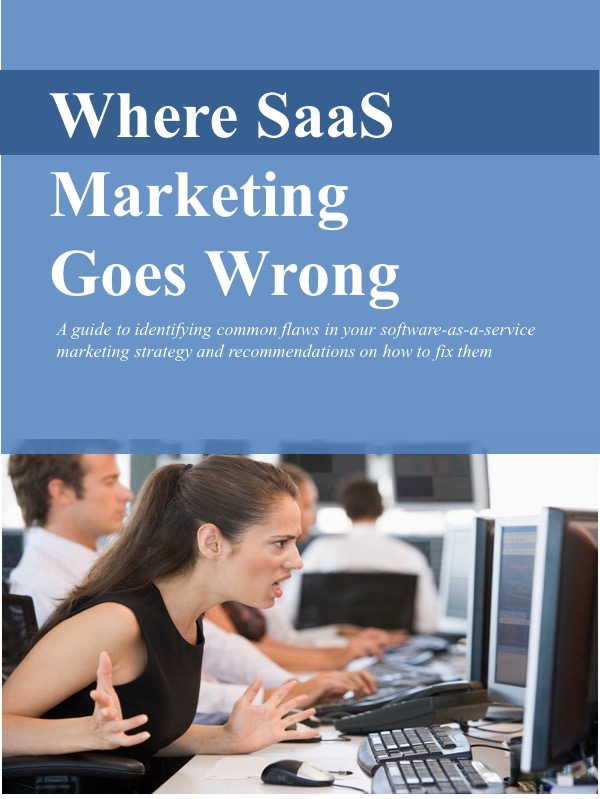Lessons from a pandemic
/I’ll be honest. Never did I think I’d ever write an article with a headline like that.
Most of the time I’m writing about situations I’ve seen before – sometimes many times before. This is not one of those times.
But I have learned a lot over the last few weeks. Perhaps we’ll be through the worst of this crisis by the time you read this, but I think a few lessons have value beyond the short term.
Prospects have other priorities
Right now, many prospective customers are trying to manage their way through urgent challenges, doing what they can to keep their businesses afloat. No matter how much your new solution can enhance efficiency, improve service, reduce risk, or whatever other benefits you’re promising, evaluating new software-as-a-service (SaaS) systems is not an immediate priority.
Though that’s surely the case as they deal with a pandemic, it’s true at other times as well. For the people that use our SaaS solutions – HR managers, finance professionals, marketing executives, sales managers, etc. – they are always juggling lots of priorities. (See “Your prospect has a day job.”) The evaluation and purchase journey is not likely to move smoothly and predictably from one step to the next. Sometimes it’s more like two steps forward and one step back.
Adjust your marketing strategy to fit. For prospects at the “not yet ready” stage, often it’s best to provide material that can help educate them. A buyer’s guide, examples of other customers’ experience, or other helpful advice may be more effective than promotional material that’s all about features and functions.
Communicate with your existing customers
Staying in touch with existing customers during this crisis is critical. Some of the more effective communication I’ve seen focuses on SaaS companies’ plans to keep the system up and running and maintaining access to customer support – issues that are probably most pressing for customers. Some companies are also providing leeway to customers on monthly payments.
Any email or phone call that doesn’t acknowledge that we’re facing an unusual situation sounds like you’re living under a rock.
Regular communication with customers should extend beyond the crisis, as well. You should pass along tips on how to get the most from the solution, how to use new features, or lessons from other users. Customer are often interested in benchmarks compiled from aggregate data that allow them to look at their operations in comparison to peers.
Tell prospects who you are
Customers of SaaS solutions are relying on their vendors to run an essential part of their business. During a crisis, they need to know that their vendors understand their business and the special challenges it might be facing.
One of my clients, a provider of a SaaS solution for HR professionals, has communicated to customers that it knows these people are handling a deluge of urgent issues right now and assured them that their system is stable and supported.
Letting customers and prospects know who you are is a good practice long-term as well. Though your website, in presentations, and other marketing material, explain that you understand their business, speak their language, and know the challenges they face. Features and functions, by themselves, are not enough. Prospects need to know that they can trust you. (See “Earning customer trust.”)
Make time for strategic thinking
As difficult as this crisis is, it can be seen as a unique opportunity to take a step back from the hectic day-to-day of managing marketing campaigns. Though it may be a forced hiatus, some SaaS companies are using this as a time to review fundamental strategy.
They’re thinking about whether their messages are still appropriate and speak to their prospects’ most urgent needs. Those needs may have changed as a result of the pandemic and your message may need to be adjusted as well. For example, it might be time to put special emphasis on the ability to access your solution remotely.
SaaS companies are checking that the channels and media they’re using are effectively reaching their target audience. They’re assessing whether the programs they have in place cover the entire customer journey.
Taking this strategic perspective is a good practice even after we’ve emerged from this crisis. It’s important to review the fundamentals of your marketing program periodically to be sure you’re reaching the right people, at the right time, through the right channels, with the right messages.
I hope you will all come through this challenge with good health, a bit of wisdom gained from difficult experience, and greater perspective on what really matters. Stay safe.
